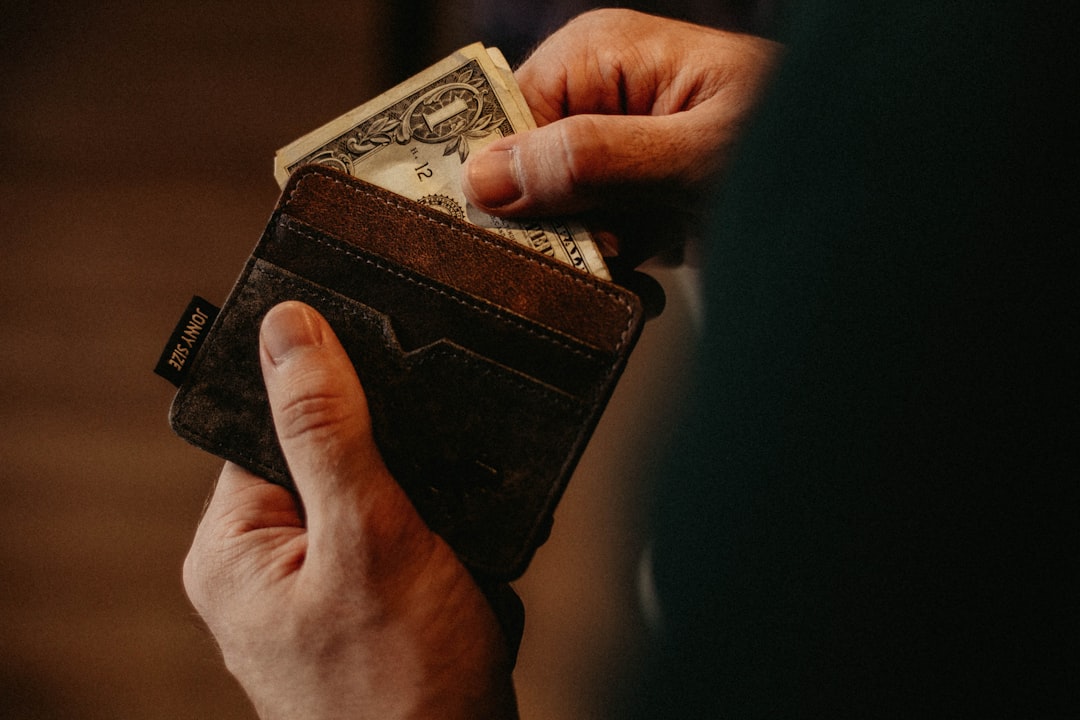PaydayNow Payday Loans: How it works?
A loan that may be obtained quickly and that does not become due until the following paycheck sounds like a fantastic idea. But how exactly do loans from a payday lender function in practice? Are they the first in a string of expensive fees and interest rates that are significantly higher than average?
When faced with a financial crisis, the temptation to look for the easiest way out is strong. Payday loans are simple to obtain; nevertheless, they typically come with a variety of additional costs that may do more damage to your finances than you had intended for this particular month.
According to the Consumer Financial Protection Bureau (CFPB), almost one quarter of people who take out payday loans are unable to repay the loan, and more than 80% of those people are forced to take out further loans within a period of two weeks.
Payday loans: what are they?
According to data provided by the FDIC, over 24 million people, or 11 percent of the total population, do not have a bank account. This indicates that they are dependent on monetary services, such as payday lenders.
You could have noticed advertisements for “fast money” and “no credit check necessary” on the storefront windows as you drove around the city. If you are familiar with the procedure of getting a payday loan, it will be easier for you to choose the type of payday loan that will serve your needs the very best.
PaydayNow Short-term loans, sometimes known as payday loans, typically have repayment terms ranging from two to three weeks. You have the option of getting cash on the same day that you make a post-dated check purchase or providing the number of your debit card.
What will the lenders do as the date of the check’s due date gets closer?
When the date of the check’s due date draws near, the lending company will cash the check in order to receive full repayment of the loan. In the case that you are in possession of the necessary funds, another option open to you is to pay back the loan in person at the institution from whom you borrowed it.
Due to the fact that payday loans are intended for borrowers who are in urgent need of cash before they are paid back, the interest rates on these loans may end up being significantly higher than they initially appear to be. When compared to loans obtained from traditional banks, their interest rates and other fees are significantly higher.
What occurs if you are unable to repay a payday loan?
According to the CFPB, the median amount for a payday loan is $1,000, and with interest rates as high as 26%, the charges can quickly build up if the loan is not paid off.
You have the option of requesting an extension on the loan if you believe you will be unable to make the required payment by the original due date. Because the lender considers this to be yet another payday loan, they will assess additional fees.
According to Mellissa Slover-Athey, director of Community Engagement for SouthState Bank, if you are unable to pay back one of these loans, it could have a negative impact on your credit score. “You could be handed over to a collection agency or a debt collector if that is stipulated in the terms of the loan. There is a possibility that these organizations will report you to credit reporting bureaus. “
What other options are there besides a payday loan?
If you need to borrow money for a purchase or to pay a bill, you should take the time to examine the terms and rates of the loans that offer the best deal for you. As can be seen, the companies that provide payday loans charge extremely high interest rates and costs.
Consult your bank about the possibility of obtaining a personal loan, even if you are unsure as to whether or not you are qualified for a loan. Numerous financial institutions give customers the opportunity to borrow money at reasonable rates of interest through the provision of cheap loans. You can possibly be qualified to submit an application for a loan.
Making certain that you have the appropriate financial habits before you find yourself in a financial pinch might make those times when you are trying to stick to a budget a little bit easier to deal with. To get started, you should pay yourself first by placing money into an emergency savings account so that you will be prepared for any unforeseen costs. A contingency fund can be started with as little as a few dollars each week if enough is saved over time.
Make an automated transfer to save money so you don’t have to worry about it if you know you have a tendency to have difficulties putting money in an account designated for emergencies. You can set up an automatic transfer from your direct deposit to a savings account if you want the majority of your money to go there.


Comments are closed.